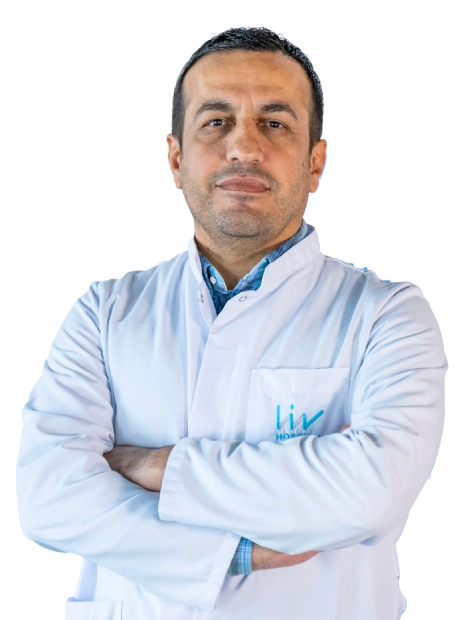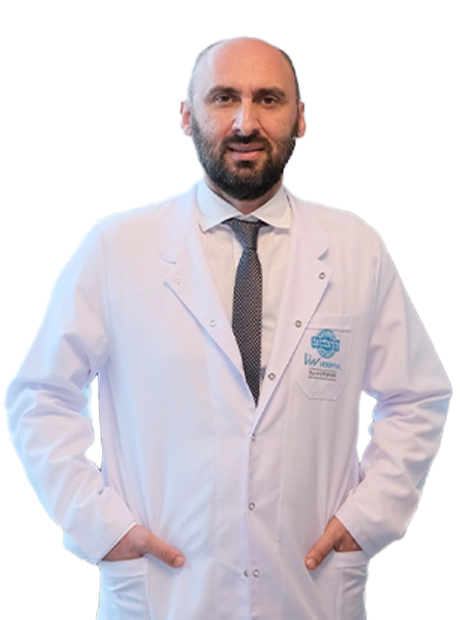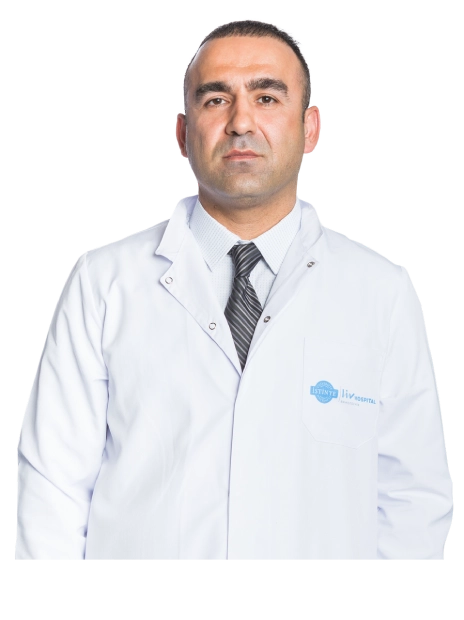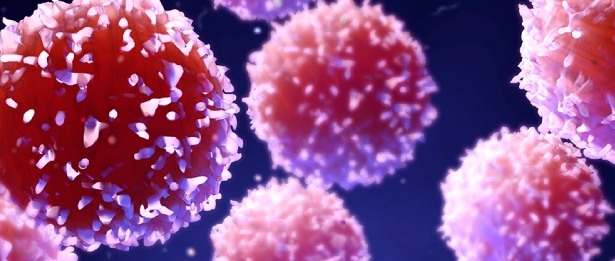Medical Oncology

Last Update Date: 12/18/2024 2:13:39 PM
Medical oncology focuses on all diseases that can be classified as cancer.
Cancer is considered highly risky disease in the world and affect many people. The most common cancers can be listed as breast, lung, colon, rectum, cervix, ovary, stomach, and pancreas cancer in women; lung, prostate, colon, rectum, stomach, and pancreas cancer in men. However, treatment opportunities are also improving day by day. Medical Oncology is a branch of medicine that focuses on the field of cancer. Medical oncologists are competent physicians who specialize in the diagnosis, follow-up and treatment of cancers.
Which Diseases Does Medical Oncology Treat?
Medical oncology encompasses all diseases that can be classified as cancer in the area of expertise. There are many types of cancer, and medical oncologists take care of patients with these diseases. We can list the most common of these diseases as follows:
- Breast Cancer: This is a type of cancer that originates from breast tissue.
Medical oncologists deal with the diagnosis, staging and treatment of breast cancer. - Lung Cancer: It is a type of cancer that originates from lung tissue.
It is associated with risk factors such as smoking habit.Medical oncologists are specialists in the treatment and monitoring of lung cancer. - Colon and Rectal Cancer: This is a type of cancer that stems from the inner surface of the intestines (colon and rectum). Medical oncologists specialize in the treatment and management of this type of cancer.
- Prostate Cancer: This is one of the most common types of cancer in men and is usually stems from the prostate gland. Medical oncologists deal with the diagnosis, staging and treatment of prostate cancer.
- Stomach Cancer: It is a type of cancer that stems from the stomach tissue. Medical oncologists deal with the treatment and monitoring of stomach cancer.
- Lymphoma: A type of cancer that affects the lymphatic system. There are subtypes such as Hodgkin lymphoma and non-Hodgkin lymphoma. Medical oncologists specialize in the diagnosis and treatment of lymphoma.
- Metastases of Cancers: This is a condition in which cancer cells spread to other organs in the body. Medical oncologists are involved in the treatment and management of metastatic cancers.
- Bone and Soft Tissue Cancers: These are types of cancer that stems from bone or soft tissues. Medical oncologists provide expertise in the diagnosis and treatment of these types of cancer.
Liv Hospital Medical Oncology Clinic
Liv Hospital Medical Oncology Clinic stands out with its state-of-the-art equipment, advanced technical competence and specialized physician staff. With the aim of providing the most effective treatments in the fight against cancer, it aims to provide a comprehensive treatment experience by focusing on the individual needs of patients, while taking on a leading role and prioritizing the health of patients.
Working in cooperation with other clinics
Medical oncology is an advanced specialty of internal diseases and has an important place in the coordination of cancer patients. The approach to diagnosis and treatment of patients with cancer is possible with the decision made jointly by all units related to the disease. One of the most important tasks of Liv Hospital Medical Oncology Clinic is the planning and implementation of medication therapy.
Cancer medication therapy at Liv Hospital Medical Oncology Clinic is determined according to the type of cancer, the stage of the disease, the pathological characteristics of the cancer cell, genetic changes occurring in cancer cells, the patient's age, comorbidities and performance. For this evaluation, a treatment plan and medication selection are carried out in cooperation with other branches. Currently, cancer medication therapy varies according to each patient; that is, it becomes personal.
Medication Therapy
There are various groups of medications in the treatment of cancer:
- The first group is “chemotherapy medications” aimed at destroying cancer cells.
- The second group is “targeted medications” that prevent cancer cells from living and multiplying by disrupting the mechanisms that enable cancer cells to develop and multiply.
- In types of cancer that develop sensitive to the action of hormones (such as breast, prostate cancer), there are “anti-hormone medications”.
- The other group is “support medications”. They are used both in adverse situations caused by the disease and against side effects that develop due to treatments.
- Recently, there are also immunotherapy medications that reinforce the patient's fight against cancer by strengthening the immune system.
The medications used in the treatment of cancer also differ according to the purpose.
Main Goal is to destroy the Disease
In addition to surgical treatment in the early stages of the disease, it can be applied to eliminate microscopic disease in high-risk patients after surgery. It can also be used to shrink the tumor before surgery and prevent its spread. In some cases, it can be performed simultaneously during radiotherapy along with radiotherapy, or before or after radiotherapy. In early stage diseases that have not spread, it is aimed to completely eliminate the disease when applied together with local treatments.
Combination of Different Therapies
In cases of advanced spread or recurrent disease, chemotherapy, targeted drugs, or both may be administered together to keep the disease under control, prevent its spread, and extend life expectancy. In this process, the goal is to prevent the disease from becoming a chronic form of disease and harming the patient. Surgery may also be added for residual tumors in some patients whose disease at this stage is controlled by medication therapy.
Personalized Treatment Plan
Liv Hospital Medical Oncology Clinic provides diagnosis, treatment and follow-up process for many types of cancer such as breast cancer, lung cancer, gastrointestinal cancers, pancreatic cancer, liver cancer, gallbladder and tract cancers, ovarian cancer, cervical cancer, uterine cancer, head and neck tumors, osteosarcoma and soft tissue sarcomas, brain tumors, kidney and bladder cancers, prostate cancer, testicular cancer, malignant melanoma, lymphoma, thyroid cancer. The most appropriate treatment is determined at the Tumor Council. Specialists at Liv Hospital Medical Oncology Clinic carry out the follow-up and treatment of cancer patients. They act together with all branches related to this process.
Who takes part in the tumor council?
It takes place with the participation of specialist physicians from Radiology, Radiation Oncology, Medical Oncology, Nuclear Medicine, Algology, Pathology, General Surgery, Obstetrics and Gynecology, Urology, Otolaryngology, Pulmonology, Thoracic Surgery, Neurosurgery, Gastroenterology, Orthopedics clinics.









.png)










.png)
.png)

.png)

